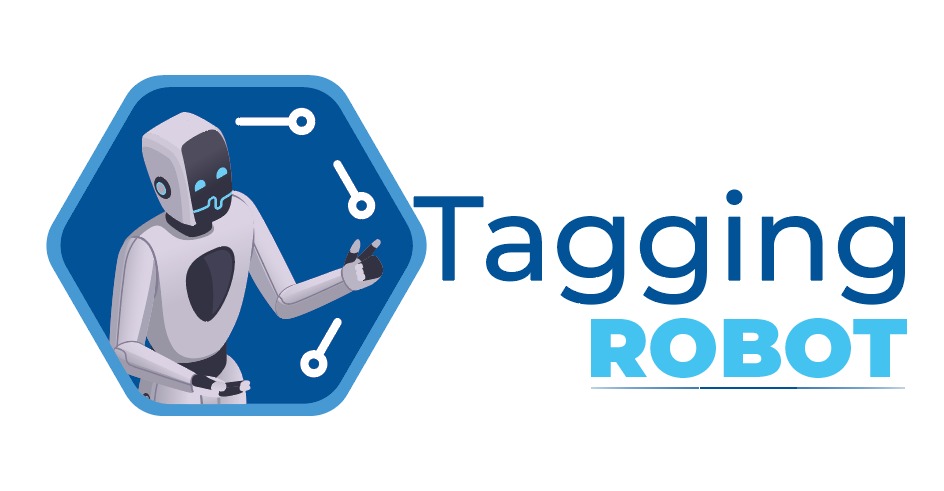Flutterwave, a prominent Nigerian fintech company known for its innovative payment solutions across Africa, found itself embroiled in controversy with allegations that have cast a shadow over its meteoric rise. The scandal has not only impacted its reputation but also raised broader concerns about governance, transparency, and regulatory oversight in the burgeoning African fintech sector. Here, we delve into the details of the scandal, its implications, and the broader lessons it offers.
Background of Flutterwave
Founded in 2016, Flutterwave quickly emerged as a leading fintech player, providing seamless payment solutions to businesses and consumers across Africa. Its innovative approach and robust technology infrastructure enabled it to secure partnerships with major global companies, including PayPal, and garnered significant investment from high-profile venture capital firms. By 2021, Flutterwave had become one of Africa’s most valuable startups, boasting a valuation of over $1 billion.
The Scandal Unfolds
The scandal erupted in early 2022 when allegations of financial impropriety and governance lapses came to light. Key accusations included:
- Misappropriation of Funds: Whistleblowers within the company claimed that senior executives had diverted funds for personal use. These allegations were particularly damaging given Flutterwave’s reliance on investor confidence and public trust.
- Lack of Transparency: Critics pointed to a lack of transparency in Flutterwave’s financial reporting and corporate governance practices. There were concerns about the opacity surrounding its financial dealings and the internal controls in place to prevent misconduct.
- Regulatory Breaches: Regulatory bodies in Nigeria and other countries where Flutterwave operates launched investigations into potential breaches of financial regulations, including money laundering and failure to comply with anti-fraud measures.
Response and Impact
Flutterwave’s response to the scandal was multifaceted. The company vehemently denied the allegations, asserting that they were baseless and politically motivated. It initiated an internal investigation and promised to cooperate with regulatory authorities.
Despite these efforts, the scandal had immediate and far-reaching impacts:
- Reputation Damage: Flutterwave’s reputation took a significant hit, affecting its relationships with partners, customers, and investors. The company’s valuation and fundraising capabilities were adversely impacted as confidence waned.
- Regulatory Scrutiny: The scandal prompted heightened scrutiny from regulatory bodies, not only on Flutterwave but on the broader fintech industry in Africa. This led to stricter regulatory measures and increased oversight to ensure compliance and prevent similar issues in the future.
- Sector-Wide Implications: The scandal highlighted the vulnerabilities within the African fintech sector, emphasizing the need for robust governance frameworks, transparency, and accountability. It underscored the importance of regulatory bodies keeping pace with the rapid growth of fintech companies.
Lessons and Future Directions
The Flutterwave scandal serves as a cautionary tale for fintech companies and regulatory authorities alike. Key takeaways include:
- Importance of Governance: Strong corporate governance practices are crucial for maintaining investor confidence and ensuring long-term sustainability. Companies must prioritize transparency, internal controls, and ethical conduct at all levels.
- Regulatory Evolution: Regulatory frameworks must evolve in tandem with the rapid growth of the fintech sector. This includes implementing stringent compliance requirements and robust oversight mechanisms to mitigate risks and protect stakeholders.
- Stakeholder Vigilance: Investors, partners, and customers should exercise due diligence when engaging with fintech companies. This involves scrutinizing governance practices, financial health, and regulatory compliance to make informed decisions.
Conclusion
The Flutterwave scandal has cast a spotlight on the complexities and challenges of the rapidly evolving fintech landscape in Africa. While it has undeniably tarnished the company’s image, it also offers valuable lessons for the industry at large. By fostering a culture of transparency, robust governance, and regulatory compliance, the fintech sector can continue to innovate and thrive, contributing to Africa’s economic growth and financial inclusion goals.
FAQs About the Flutterwave Scandal
1. What is Flutterwave?
Flutterwave is a Nigerian fintech company founded in 2016 that provides payment solutions for businesses and consumers across Africa. It has grown rapidly and became one of Africa’s most valuable startups, known for facilitating seamless transactions and integrating with global partners like PayPal.
Also Read: QXEFV: The Next Frontier in Quantum Computing
2. What was the Flutterwave scandal about?
The Flutterwave scandal involved allegations of financial impropriety, governance lapses, and regulatory breaches. Whistleblowers accused senior executives of misappropriating funds, while critics pointed to a lack of transparency in financial reporting and corporate governance.
3. When did the scandal come to light?
The scandal came to public attention in early 2022 when the allegations were reported by various media outlets and regulatory investigations were initiated.
4. What specific allegations were made against Flutterwave?
Key allegations included:
- Misappropriation of Funds: Claims that senior executives diverted company funds for personal use.
- Lack of Transparency: Concerns over opaque financial reporting and insufficient internal controls.
- Regulatory Breaches: Possible violations of financial regulations, including money laundering and inadequate anti-fraud measures.
5. How did Flutterwave respond to the allegations?
Flutterwave denied the allegations, labeling them as baseless and politically motivated. The company initiated an internal investigation and pledged full cooperation with regulatory authorities.
6. What was the immediate impact of the scandal on Flutterwave?
The scandal had several immediate effects:
- Reputation Damage: Flutterwave’s reputation suffered, affecting its relationships with partners, customers, and investors.
- Regulatory Scrutiny: Increased oversight from regulatory bodies, leading to stricter compliance requirements.
- Sector-Wide Implications: Raised awareness of the need for better governance and regulatory frameworks in the African fintech sector.
7. What measures did regulatory authorities take in response to the scandal?
Regulatory bodies in Nigeria and other countries launched investigations into Flutterwave’s operations. This led to stricter regulatory measures and heightened oversight to ensure compliance and prevent similar issues in the future.
8. How did the scandal affect Flutterwave’s valuation and fundraising?
The scandal negatively impacted Flutterwave’s valuation and its ability to raise funds. Investor confidence waned as concerns about governance and financial integrity surfaced.
9. What lessons can other fintech companies learn from the Flutterwave scandal?
The scandal highlights the importance of:
- Strong Governance: Implementing robust corporate governance practices to maintain investor confidence.
- Transparency: Ensuring clear and accurate financial reporting and ethical conduct.
- Regulatory Compliance: Adhering to evolving regulatory requirements to mitigate risks and protect stakeholders.
10. What is the current status of Flutterwave post-scandal?
Flutterwave continues to operate and has taken steps to address the allegations. The company is working to rebuild its reputation, comply with regulatory requirements, and regain stakeholder trust.
11. How can stakeholders protect themselves when dealing with fintech companies?
Stakeholders should exercise due diligence by:
- Scrutinizing Governance Practices: Assessing the company’s internal controls and ethical standards.
- Evaluating Financial Health: Reviewing financial reports and transparency.
- Ensuring Regulatory Compliance: Verifying adherence to relevant regulations and compliance measures.
12. What is the broader significance of the Flutterwave scandal for the African fintech industry?
The scandal underscores the need for the African fintech sector to strengthen governance frameworks, enhance transparency, and ensure robust regulatory oversight. It serves as a reminder that rapid growth must be accompanied by strong ethical and operational standards to sustain long-term success.


Leave a Reply